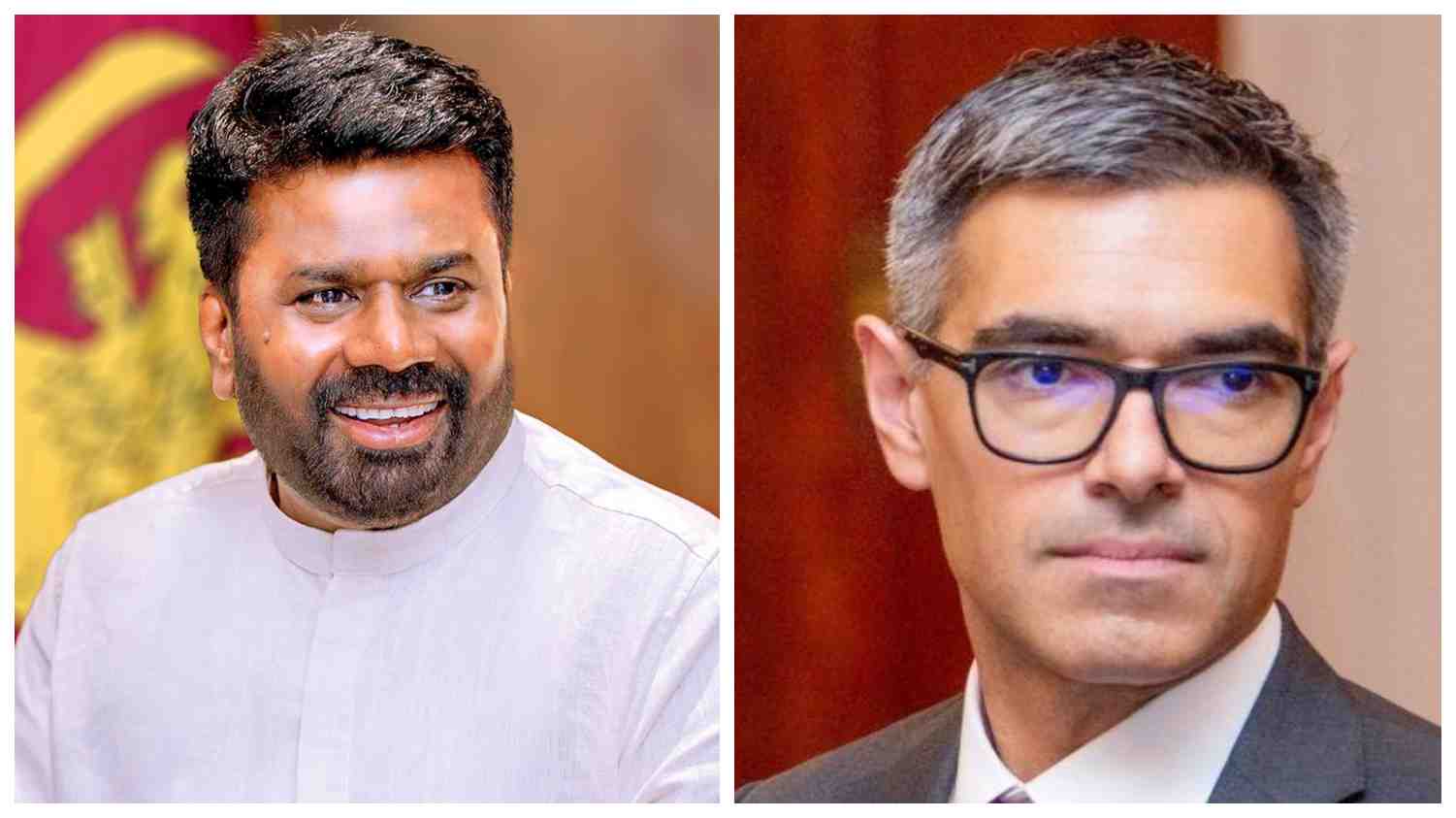New IMF statement on Sri Lanka’s recent macroeconomics development

An International Monetary Fund (IMF) mission team led by Mr. Evan Papageorgiou, IMF Mission Chief for Sri Lanka, visited Colombo during July 21-25, 2025, to discuss recent macroeconomic developments and progress in implementing economic and financial policies under the authorities’ economic reform program supported by the IMF’s Extended Fund Facility (EFF) arrangement.
At the end of the mission, Mr. Papageorgiou issued the following statement:
“The Sri Lankan authorities’ economic reform program is yielding commendable outcomes. Real GDP grew by 4.8 percent y/y in 2025Q1, outperforming expectations. Headline inflation was at -1.1 percent y/y in 2025Q2 and is gradually returning to target. Gross international reserves stood at US$6.0 billion at end-June 2025, while tax revenue collection continued improving, supported by strong performance in VAT and taxes on imported motor vehicles.
“While the economic outlook is positive, downside risks have increased on the back of potentially high tariffs on Sri Lanka’s exports, persistent trade policy uncertainty, and heightened geopolitical tensions. This underscores the critical importance of maintaining the reform momentum and the efforts to rebuild fiscal space and external buffers. These reforms will enhance Sri Lanka’s resilience to shocks and safeguard the hard-won economic progress to date. Should such shocks materialize, they will be addressed within the contours of the EFF program.
“Maintaining macroeconomic stability requires sustained efforts to raise fiscal revenues. To continue meeting the medium-term primary balance objective of 2.3 percent of GDP—a key requirement for restoring Sri Lanka’s debt sustainability—the 2026 budget should be underpinned by strong revenue measures and appropriate spending allocations, consistent with program parameters. Strengthening the tax exemption frameworks, boosting tax compliance, broadening the tax base, and enhancing public financial management, including to avoid the reemergence of expenditure arrears, are important. Upcoming bills on public-private partnerships, state-owned enterprises, public procurement, and public asset management should be consistent with the Public Financial Management Act and best practices. Cost-recovery energy pricing should be maintained to minimize fiscal risks and support financial sustainability of the energy utilities. At the same time, protecting the poor and vulnerable through improved targeting, coverage, and adequacy of social support remains critical.
“The debt restructuring process is nearing completion. We encourage a swift completion of bilateral agreements with the remaining official and commercial creditors to restore debt sustainability and regain investor confidence. Progress toward operationalizing the Public Debt Management Office should accelerate.
“Monetary policy should remain prudent and prioritize price stability. Central bank independence should continue to be safeguarded, including by refraining from monetary financing of the budget. Continued reserve accumulation and exchange rate flexibility remain key priorities. Resolving non-performing loans, strengthening governance and oversight of state-owned banks, and improving the insolvency and resolution frameworks are important to sustainably revive credit growth and support private sector development.
“A steadfast implementation of governance reforms outlined in the government’s action plan is critical to addressing corruption vulnerabilities. Structural reforms to liberalize trade and investment, increase competitiveness, boost female labor force participation, and address climate change will help raise potential growth.
“Progress in meeting key commitments under the IMF-supported program will be formally assessed in the context of the Fifth Review of the EFF. The timing of the Fifth Review will be discussed with the government.
“The IMF team held meetings with His Excellency President and Finance Minister Anura Kumara Dissanayake, Honorable Labor Minister and Deputy Minister of Economic Development Prof. Anil Jayantha Fernando, Central Bank of Sri Lanka Governor Dr. P. Nandalal Weerasinghe, Secretary to the Treasury Dr. Harshana Suriyapperuma, Senior Economic Advisor to the President Duminda Hulangamuwa, Chief Advisor to the President on Digital Economy Dr. Hans Wijayasuriya, and other senior government and CBSL officials. The IMF team also met with representatives from the private sector, civil society organizations, and development partners.
“We would like to thank the authorities for the excellent collaboration during the mission and reaffirm our commitment to supporting Sri Lanka at this uncertain time.”
The post New IMF statement on Sri Lanka’s recent macroeconomics development appeared first on Newswire.

